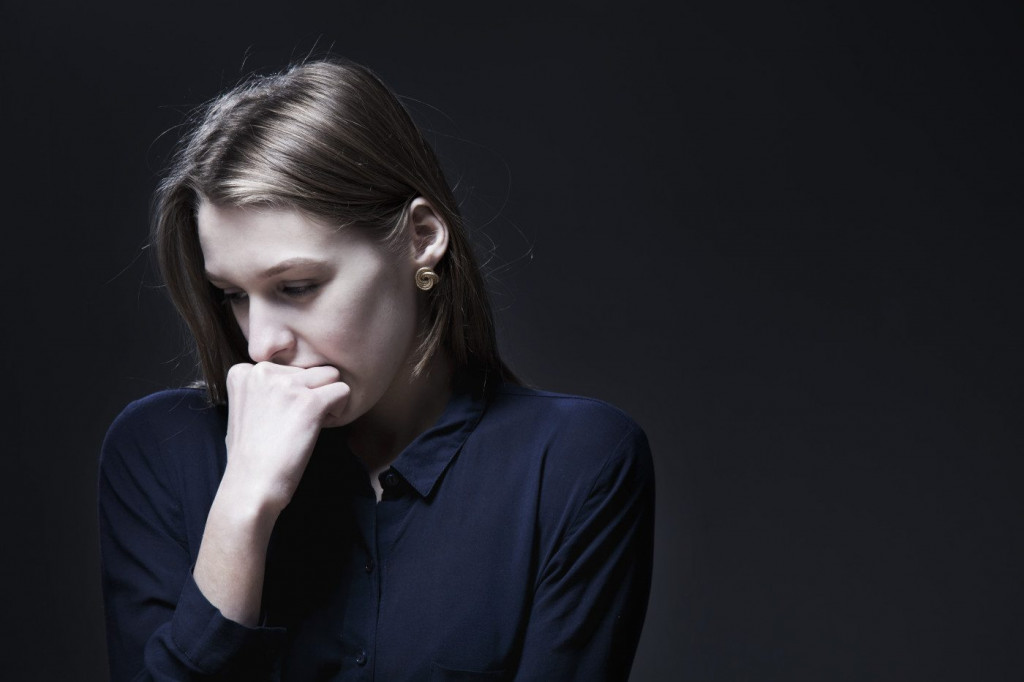-
Constipation Treatments

Constipation seems to be a very common problem for Parkies, apparently due to the lack of proper bowel muscle operation (dopamine affects every muscle) and/or due to a side effect of one or more medicines.
So, what can you do to remedy this chronic condition? The solution has to be long term and not harmful, so a regular double dose of those extreme blow-out laxative products isn’t a good answer. Here is what I have done and/or am doing now. Be sure to consult your neurologist before implementing any of these regimens. From mildest to most dramatic, they are
1. Drink more water and juice and fluids. Parkies are known for being slightl dehydrated, and water is needed to process the former food.
2. Eat more fiber and drink high-fiberf juice. Prunes and prune juice are obvious choices, but apples, bananas, avocados, peanuts and other natural foods are great sources. Eat fiber bars. Some of them have up to 9 grams of fiber per bar. Be warned, however, many of the bars are spiked with chicory root, which tends to cause bloating and gas. Eat one of those bars for breakfast and you might clear out your whole office before noon. Wheat bran is also recommended by food folks, and psyllium is too. I like prunes (which have now been rehabilitated by calling them “dried plums”) and peanuts and avocados, and apples. Don’t overdo it, though. Too much fiber can cause–wait for it–constipation. The recommended amounts of fiber that I see on reputable web sites is 38 grams per day for men under 50, 30 grams per day for men over 50. For women under 50, 25 grams per day; for women over 50, 21 grams per day.
2. Take 1 to 2 stool softener pills per day. The stool softener is docusate sodium and comes in 100 mg gel caps. The directions on most bottles say you can take up to 3 pills (300 mg total) per day. I take one pill per day, at my 6 am medicine feast.
3. Magnesium is also recommended for Parkies with constipation, because it also helps treat magnesium deficiency, which can cause restless legs and fidgeting. There are several forms available: Magnesium gluconate, and magnesium citrate can supply a laxative effect. Recommended dose per day is 400 mg.
4. The Nuclear Option: Consult your neurologist of doctor before resorting to the nuclear option. Here’s what I’ve learned from experience. (I guess having Parkinson’s means never having to say you’re embarrassed.) I buy those 4.5 ounce saline enema bottles from the dollar store or anywhere, and POUR OUT THE CONTENTS. Then I fill the little bottle with warm tap water, put some hand soap on the nozzle to lube it, and go for it. In about five minutes I usually have the desired results. On rare occasions, when one bottle is insufficient, I refill the bottle and bomb my bum twice. Beware, with the second load of water, results are almost always immediate. I have used this treatment for at least a year and have had no untoward effects. And I’m not injecting drugs, only tap water. When my constipation has driven me to feel sad, bloated, out of sorts, sluggish, lazy, and tired, I pursue the nuclear option and half an hour later I feel rejuvenated (as much as a Parky can feel rejuvenated).
Log in to reply.
